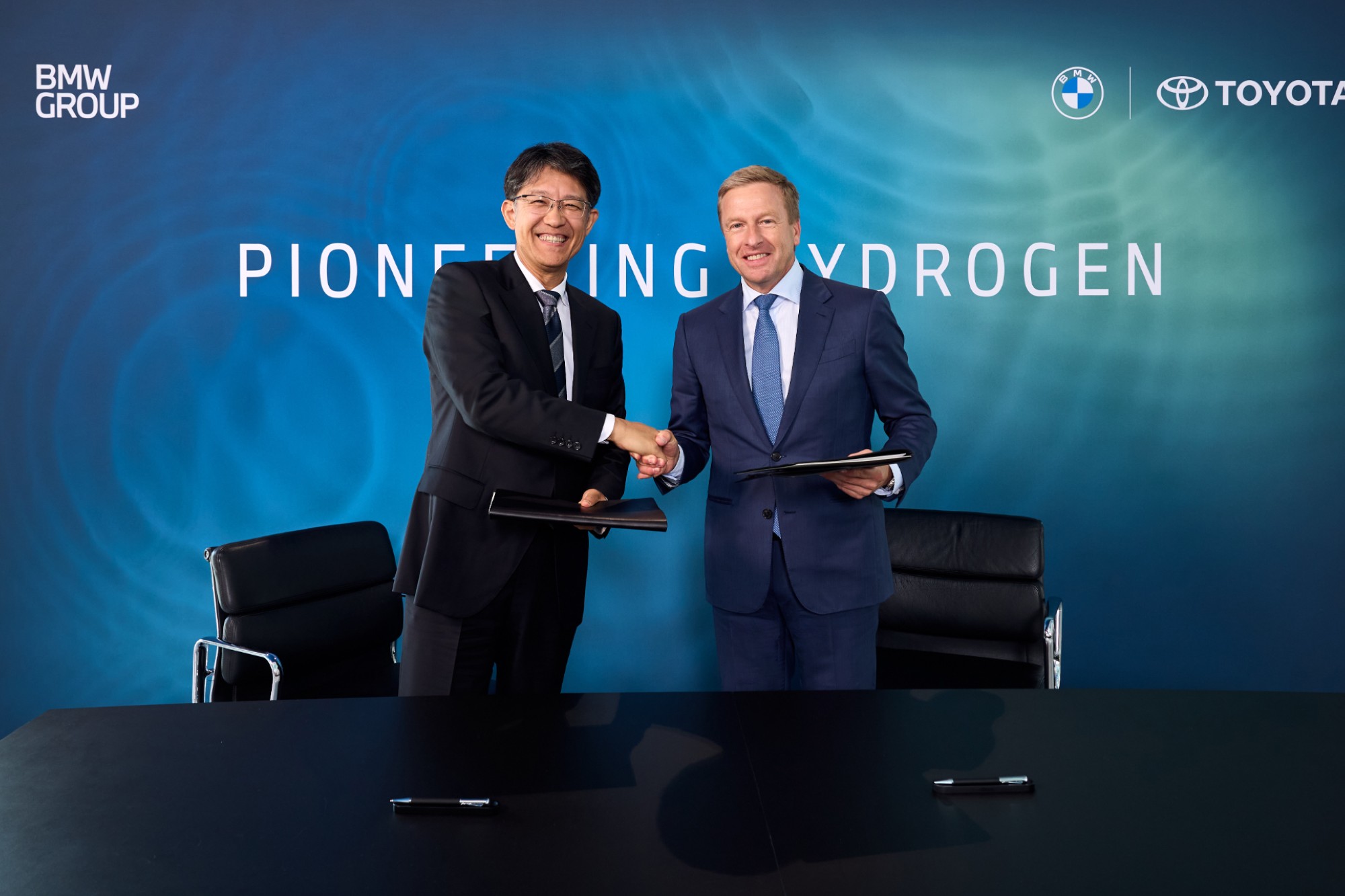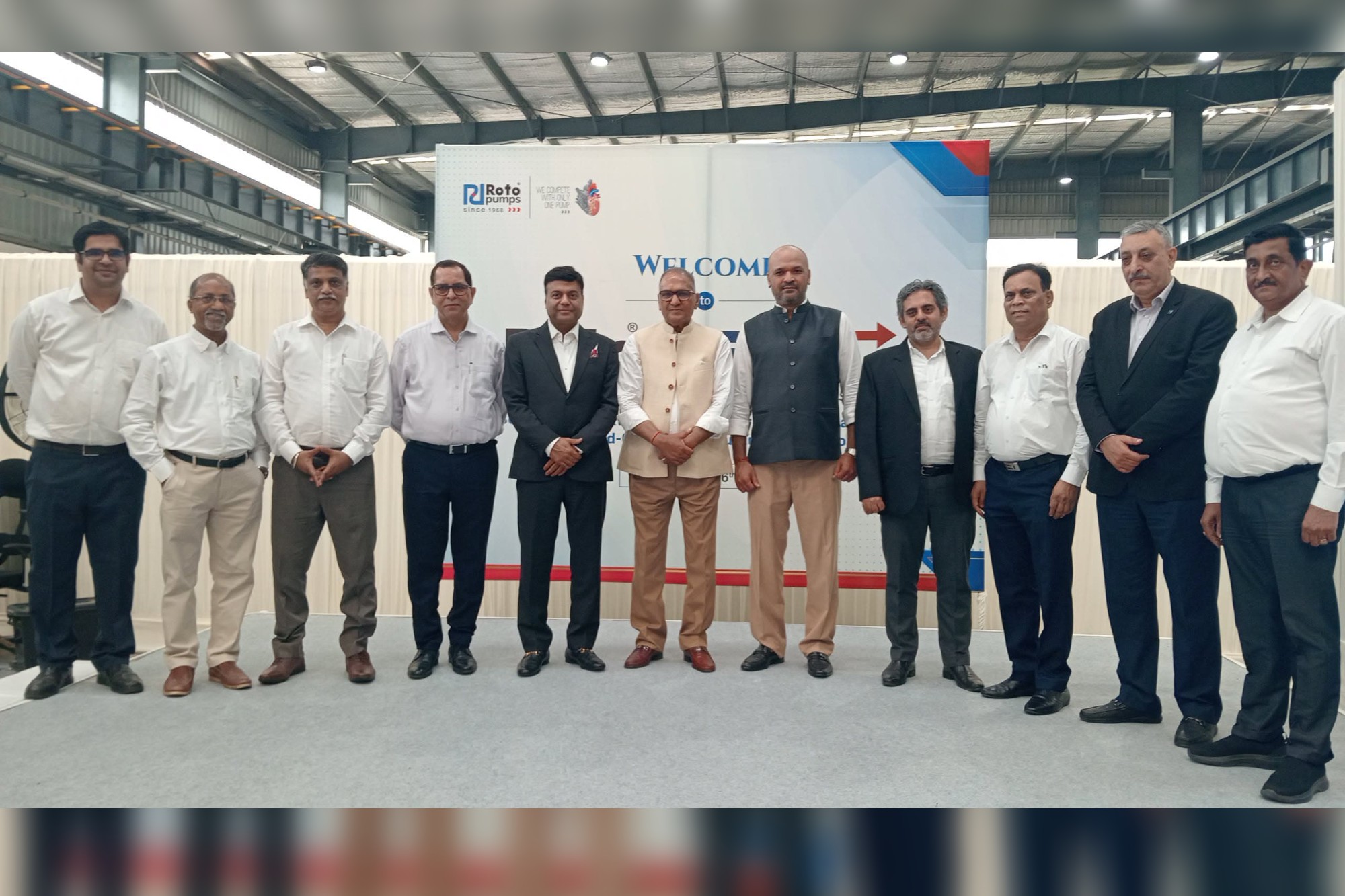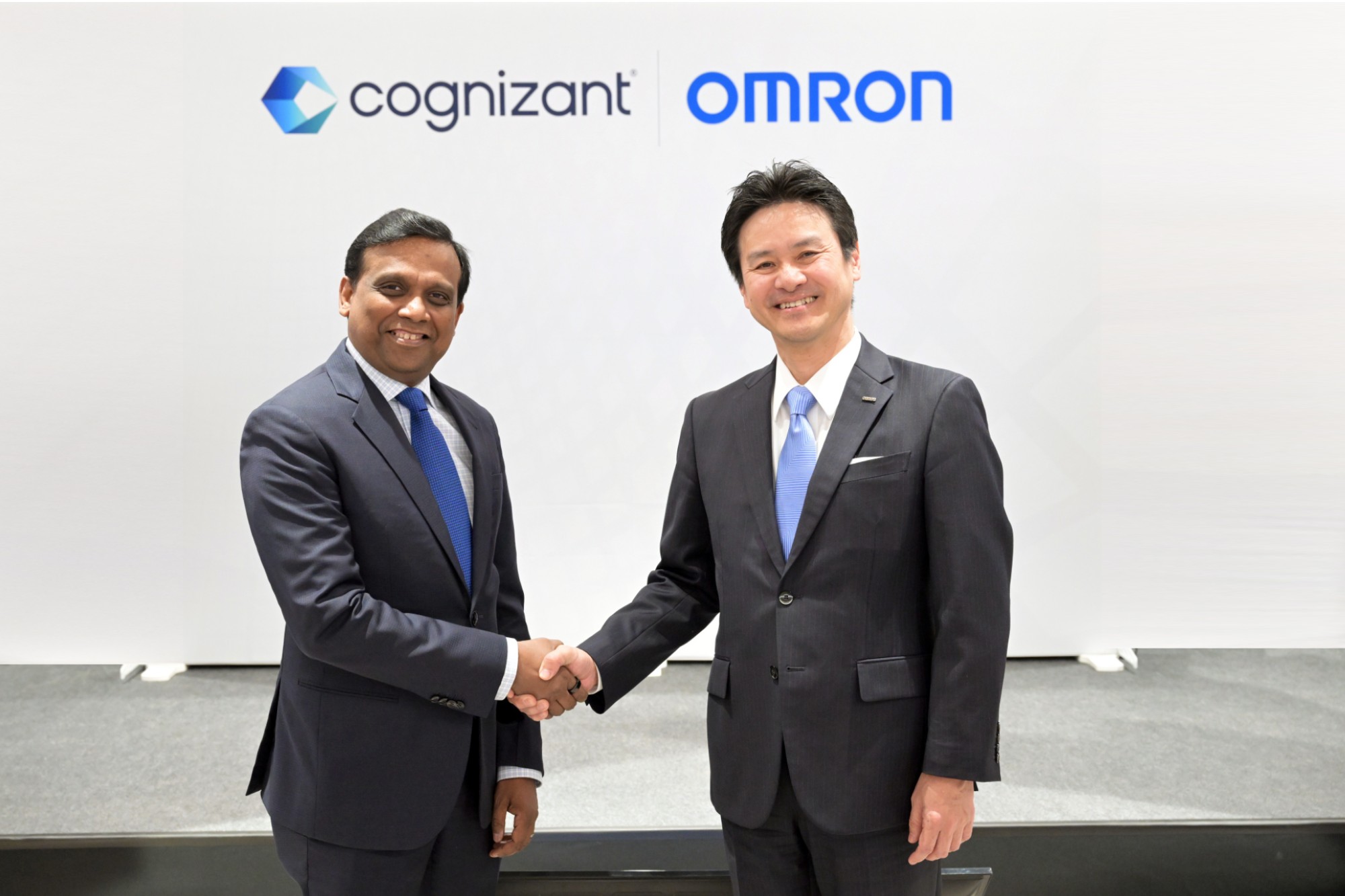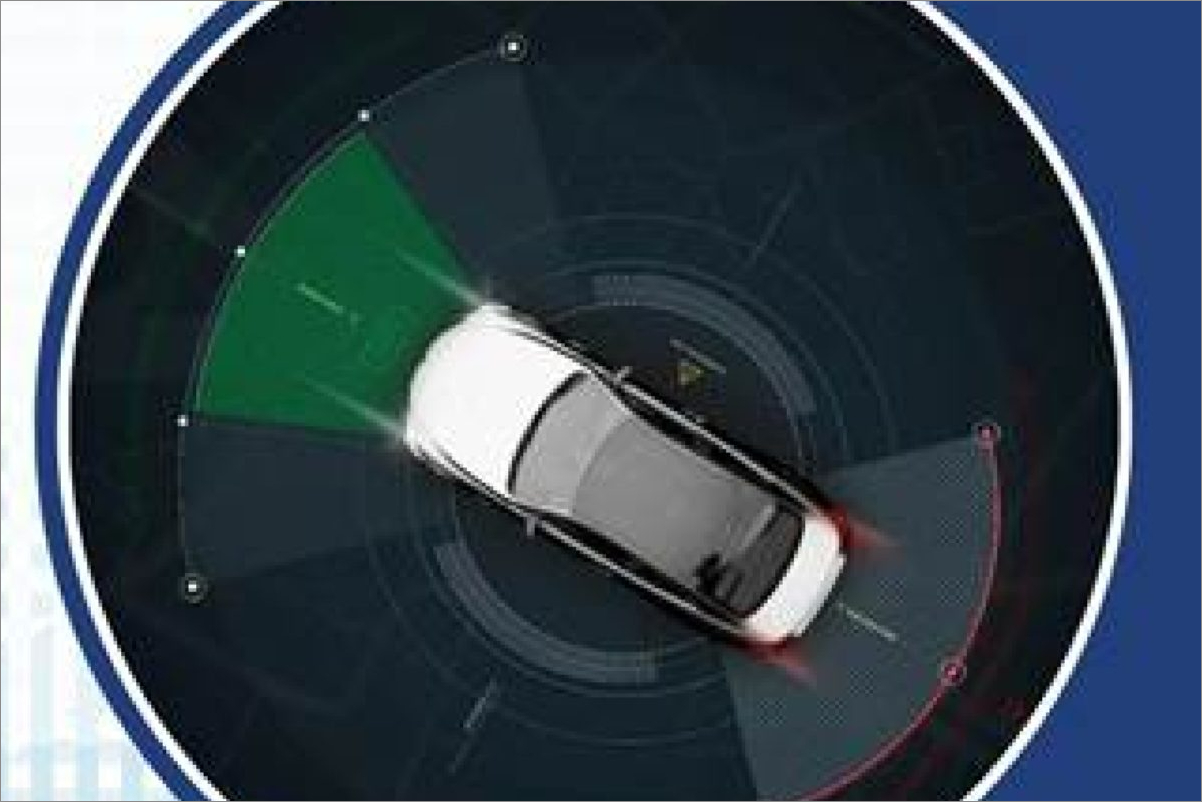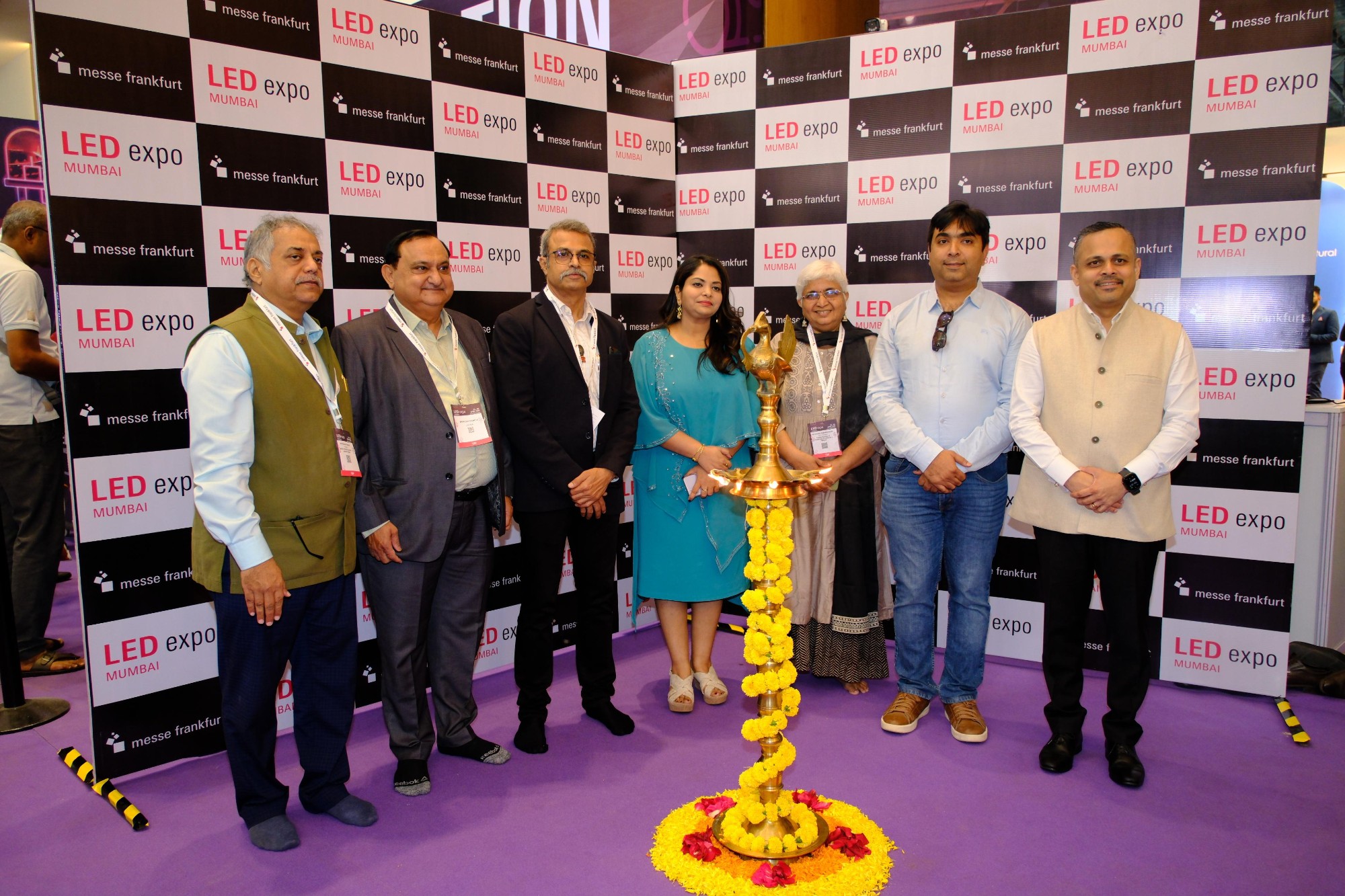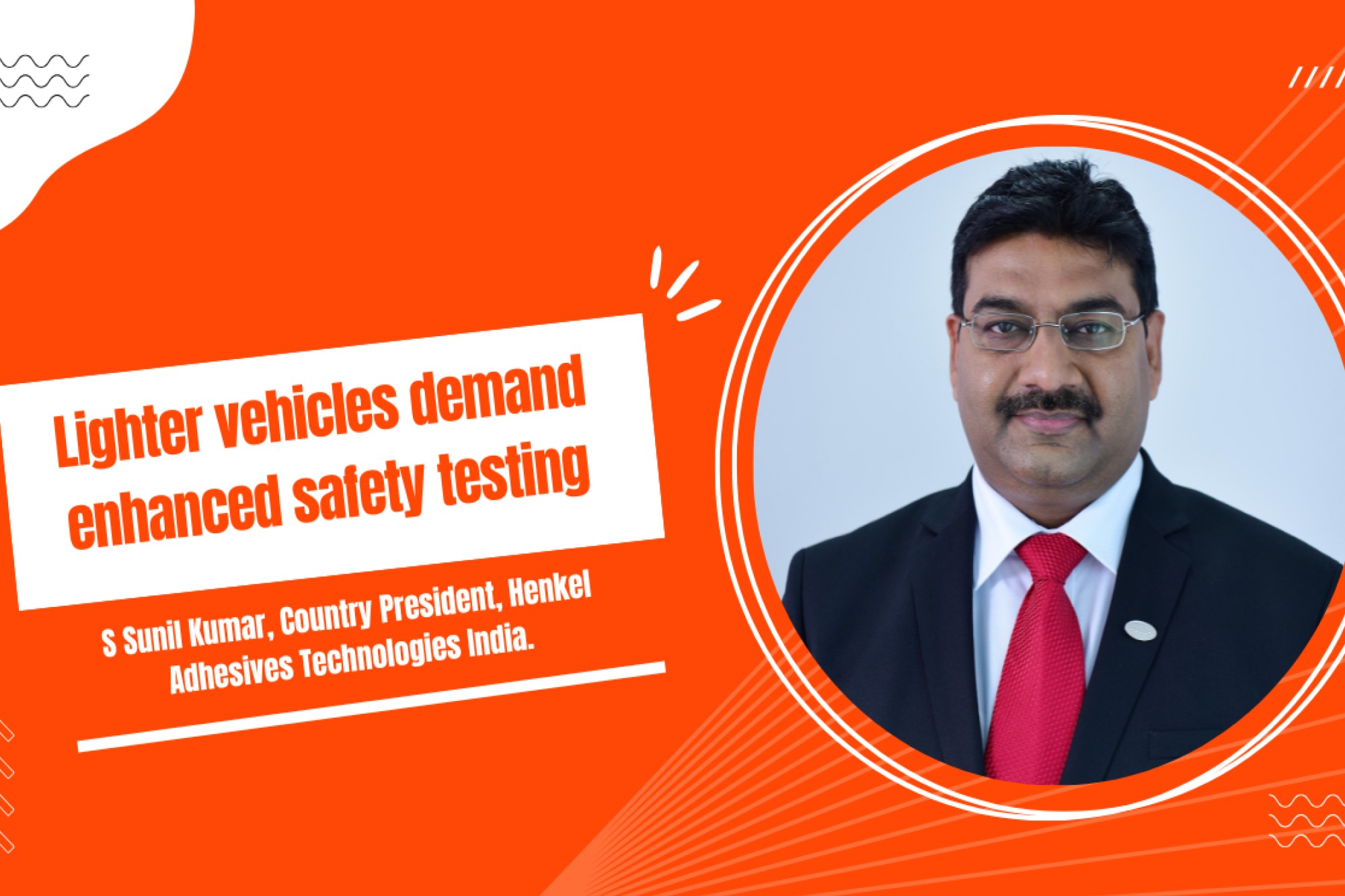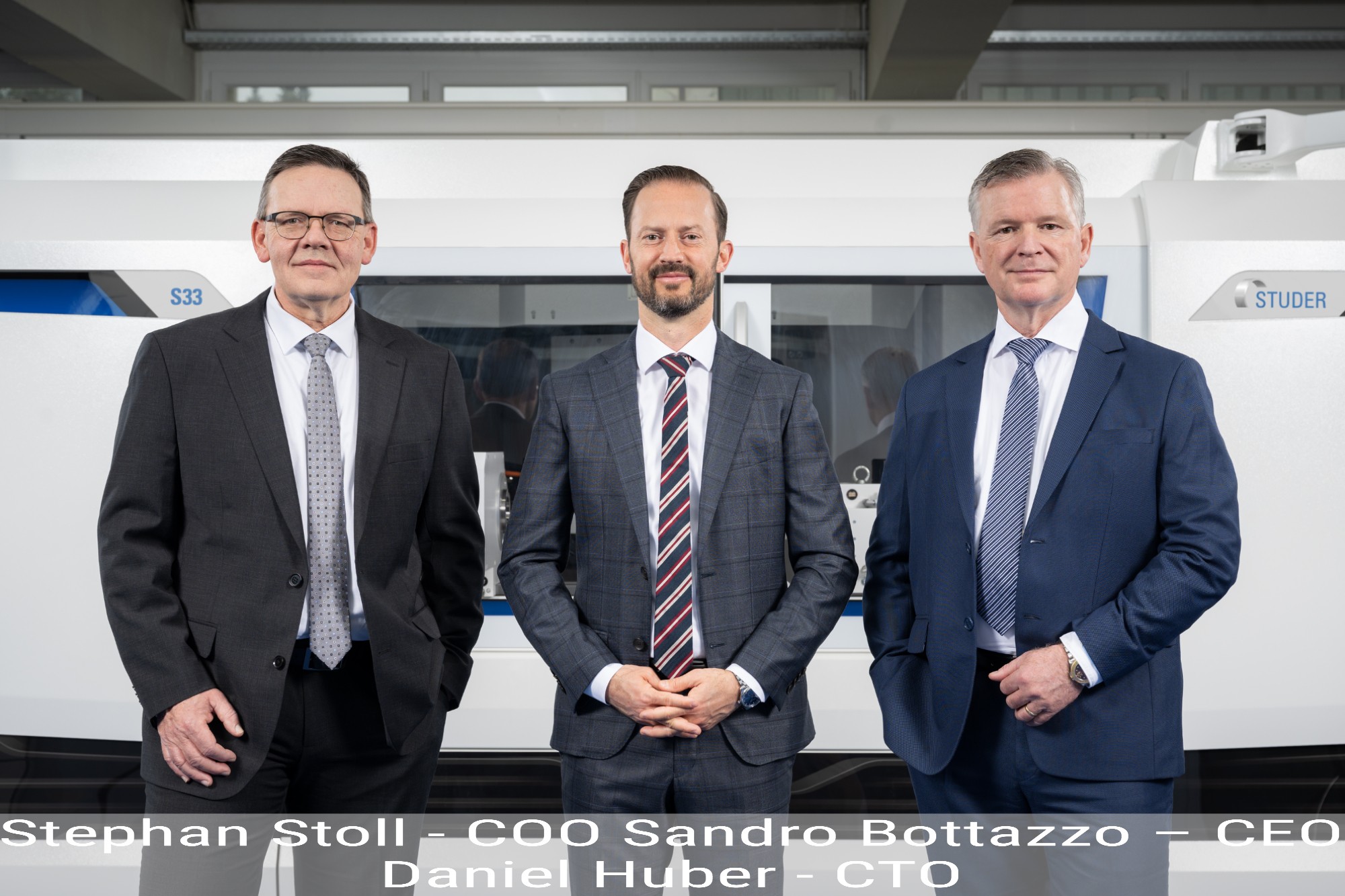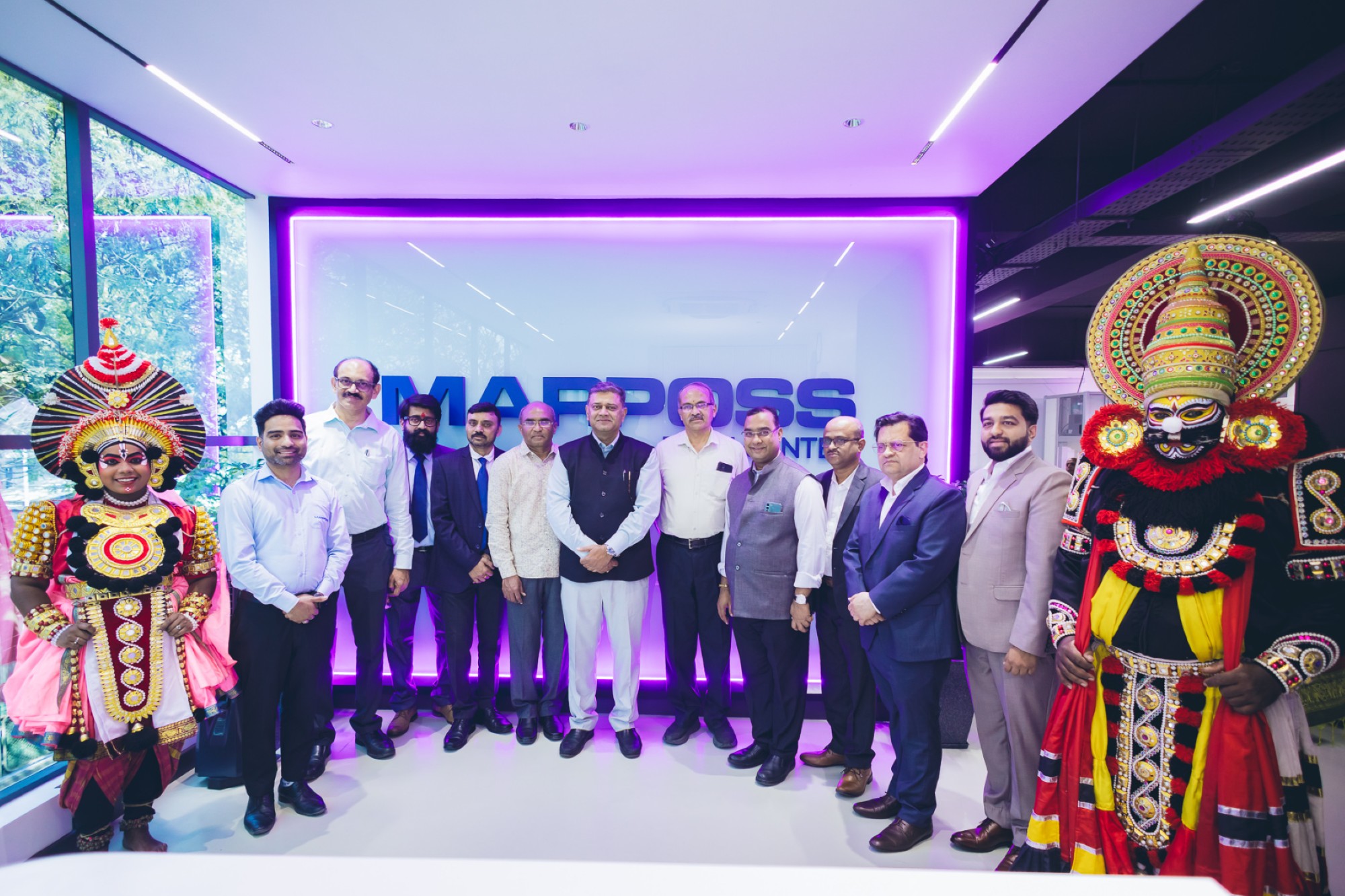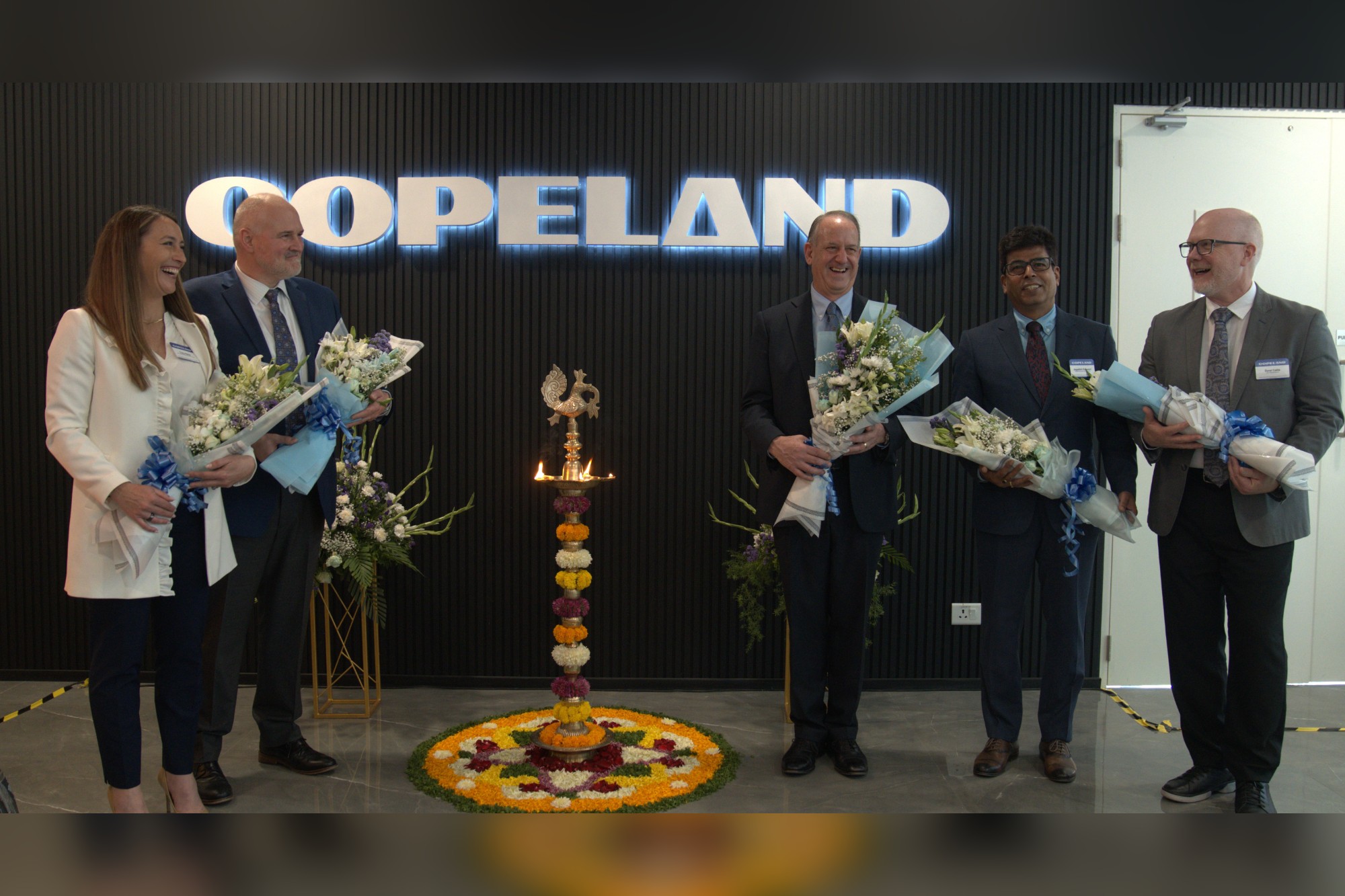BMW and Toyota collaborate to develop Fuel Cell Electric Vehicle
By Staff Report September 6, 2024 2:49 pm IST
BMW and Toyota to jointly develop the next generation of fuel cell technology. Aim to launch first-ever series production fuel cell vehicle in 2028.
BMW plans to launch its first-ever series production fuel cell electric vehicle (FCEV) in 2028, thereby offering customers an additional all-electric powertrain option with zero local emissions in a BMW. The BMW Group and the Toyota Motor Corporation are pooling their innovative strength and their technological capabilities to bring a new generation of fuel cell powertrain technology to the roads.
The BMW Group and the Toyota Motor Corporation will jointly develop the powertrain system for passenger vehicles, with the core fuel cell technology (the individual third-generation fuel cells) creating synergies for both commercial and passenger vehicle applications. The result of this collaborative effort will be utilized in individual models from both BMW and Toyota and will expand the range of FCEV options available to customers, bringing the vision of hydrogen mobility one step closer to reality. Customers can expect the BMW and Toyota FCEV models to maintain their distinct brand identities and characteristics, providing them with individual FCEV options to choose from. Realising synergies and amalgamating the total volume of powertrain units by collaborating on development and procurement promises to drive down the costs of fuel cell technology.
Hydrogen is recognised as a promising future energy carrier for global decarbonisation. It acts as an effective storage medium for renewable energy sources, helping to balance supply and demand and enabling a more stable and reliable integration of renewables into the energy grid. Hydrogen is the missing piece for completing the electric mobility puzzle where battery-electric drive systems are not an optimal solution.
After successfully testing the BMW iX5 Hydrogen pilot fleet worldwide, the BMW Group is now preparing for production of vehicles with hydrogen drive systems in 2028 on the basis of the jointly developed next-generation powertrain technology. The series production models will be integrated into BMW’s existing portfolio, i.e. BMW will offer an existing model in an additional hydrogen fuel cell drive system variant. As FCEV technology is another electric vehicle technology, the BMW Group explicitly views it as complementing the drive technology used by battery electric vehicles (BEV) and next to plug-in hybrid electric vehicles (PHEV) and internal combustion engines (ICE).The pathway to realising the full potential of hydrogen mobility includes its use in commercial vehicles and the establishment of a refuelling infrastructure for all mobility applications, including hydrogen-powered passenger vehicles. Both companies are encouraging sustainable hydrogen supply by creating demand and working closely with companies that are building low-carbon hydrogen production, distribution, and refuelling facilities.
The BMW Group and Toyota Motor Corporation are advocating the creation of a conducive framework by governments and investors to facilitate the early-stage penetration of hydrogen mobility and ensure its economic viability. The aim is to establish the FCEV market as an additional pillar alongside other powertrain technologies. The collaboration seeks regional or local projects to further drive the development of hydrogen infrastructure through collaborative initiatives.
Cookie Consent
We use cookies to personalize your experience. By continuing to visit this website you agree to our Terms & Conditions, Privacy Policy and Cookie Policy.



